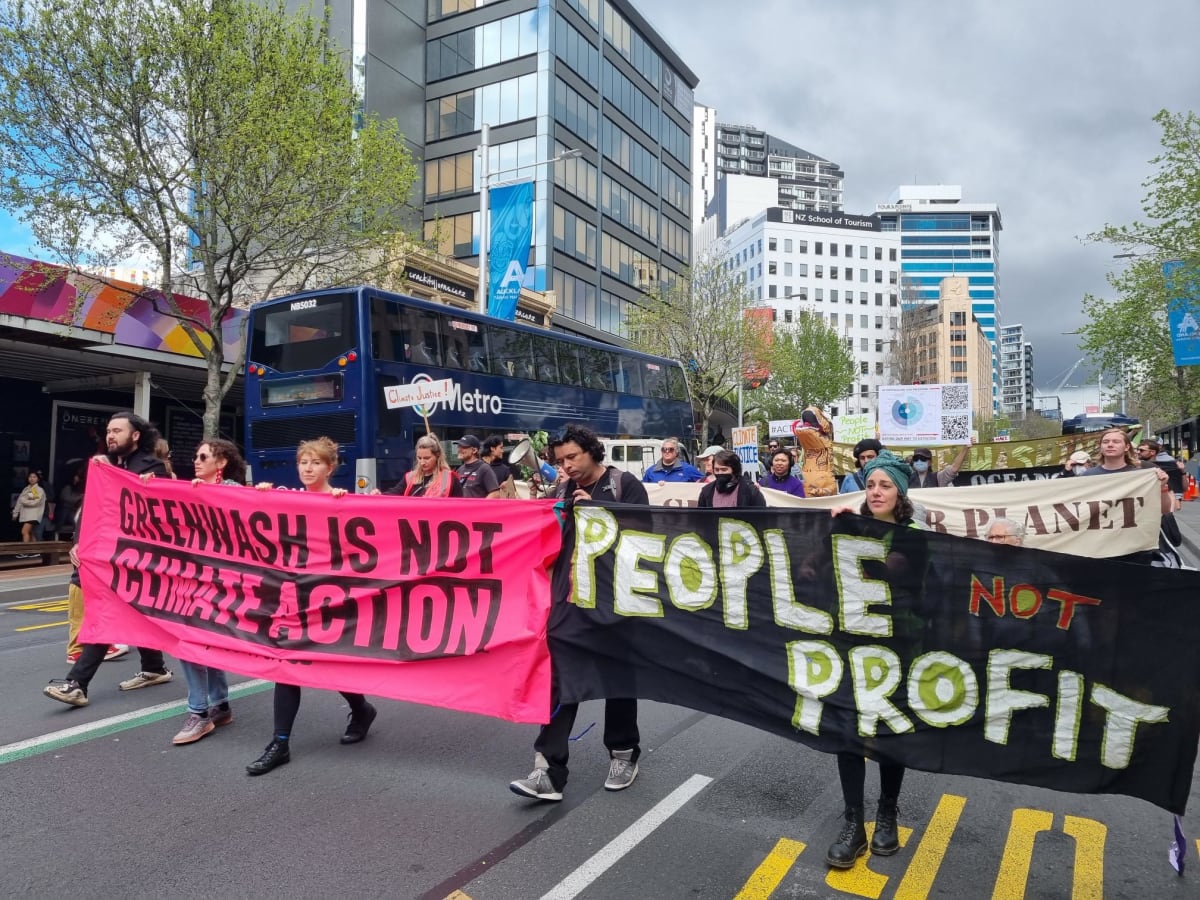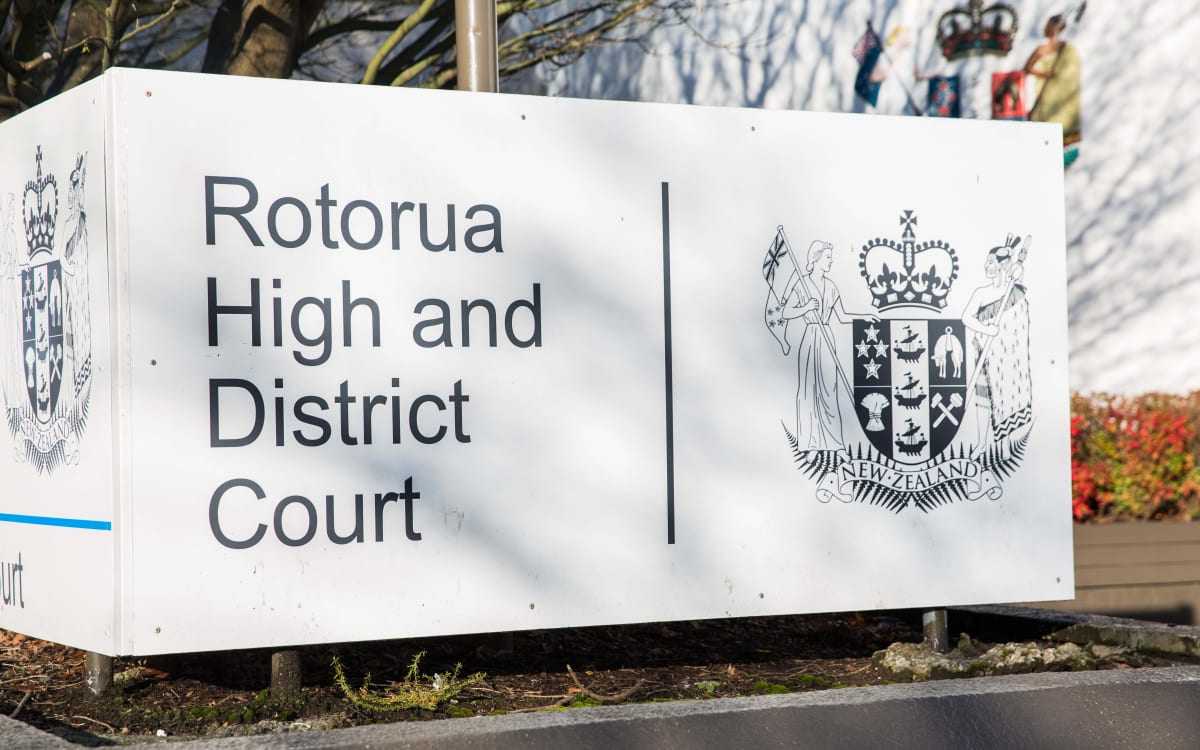
Every weekday, The Detail makes sense of the big news stories.
This week, we looked at former Labour minister Kris Faafoi's departure into the hidden hallways of political lobbying, what Aotearoa's prospects of being carbon neutral by 2050 really are, the environmental and economic scourge of marine heatwaves, whether the huff and puff over Creative New Zealand "cancelling" a Shakespeare festival was justified, and how five convictions for rape and sexual violation resulted in Jayden Meyer serving a sentence of home detention.
Whakarongo mai to any episodes you might have missed.
Demystifying the world of political lobbying
Kris Faafoi's exit stage left from the Labour cabinet into a chief executive role at new PR and lobbying firm Dialogue22 has raised some eyebrows.

Lobbying's nothing new, of course. Where there are people who exercise power over others' lives, who make decisions that affect others, you should have the ability to talk to them, to let them know how things are on the ground floor, to provide useful information and context about what the impact of those decisions should be.
The question is: is there equitable access to this ability to lobby? And what are the ethical and professional regulations and considerations pertaining to professional lobbying - people who make their living by advocating certain positions to decision-makers?
Emile Donovan speaks to director of Victoria University's Institute for Governance and Policy Studies Simon Chapple and founder of lobbying firm Awhi Holly Bennett..
Climate change and our survival instincts
News stories about the impact of climate change are almost always overwhelmingly negative: bush fires in Australia, heatwaves in the United Kingdom, record flooding in Pakistan.
Do we have any reason to feel optimistic that progress is being made towards reducing our carbon emissions and hitting the net zero 2050 goal?

Sharon Brettkelly talks to the hosts of two different climate change podcasts, Newsroom's Nikki Mandow (Net Zero: The Road to 2050) and Vincent Heeringa (This Climate Business).
The cost of riding more marine heatwaves
A new report from the Ministry for the Environment says marine heatwaves are becoming both more common and more severe.

Rob Smith, a marine scientist teaching at the University of Otago, says a heatwave is defined as when the ocean temperature at a given location sits at the top ten percent of temperatures typically recorded during that time of year for five days or more. Heatwaves can last for several months and stretch over thousands of kilometres of ocean.
"This is more than a nice warm day at the beach," he says.
Emile Donovan speaks to Smith and environmental reporter for The Press Amber Allott about the huge risk marine heatwaves pose to both our environment and our local economies.
The Sheilah Winn saga: Much ado about funding
After dominating discourse in New Zealand for the better part of 72 hours, the saga of the missing thousands for an organisation that holds an annual high school Shakespeare festival reached its conclusion.
The conclusion? The government coming to the party, saying it'll cover the shortfall.
So, all's well that ends well? Not quite.
Questions persist over some of the themes this story threw up - including what the phrase 'decolonising the arts' actually means, and why many media outlets seemed willing to misrepresent the facts of the case.
Emile Donovan talks to Shakespeare expert and Massey University senior lecturer Dr Hannah August.
Jayden Meyer: Why a teen rapist is doing time at home
When Jayden Meyer received a sentence of nine months' home detention for the rape and sexual violation of five 15 year-old girls, people couldn't help but react.
How - and why - did this brazen offending not result in the judge handing down a prison sentence?

Courtroom sentencing protocols can be hard to understand at the best of times, but the Meyer case combined both Crown and judge misplays, resulting in a sentence a High Court justice called "manifestly inadequate".
Sharon Brettkelly speaks to University of Canterbury associate professor of law Debra Wilson and NZ Herald Open Justice reporter Ethan Griffiths.
Find out how to listen and subscribe to The Detail here.
You can also stay up-to-date by liking us on Facebook or following us on Twitter.







